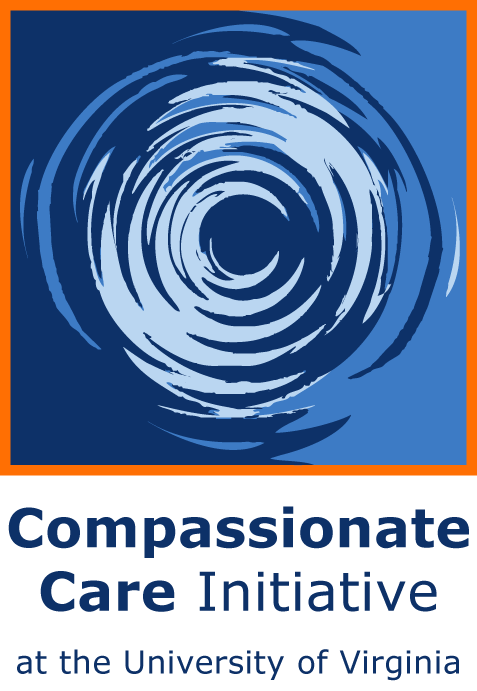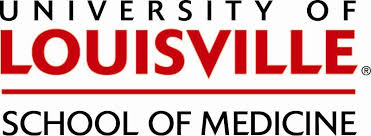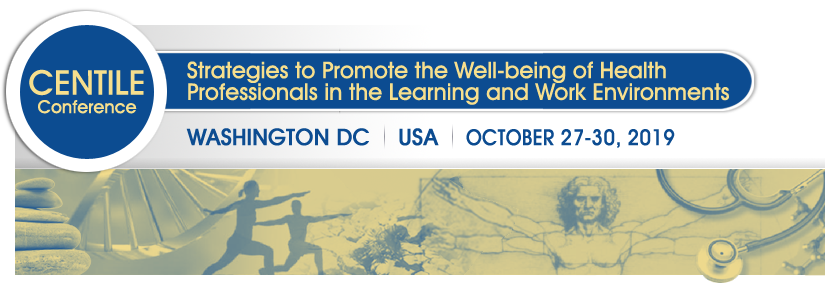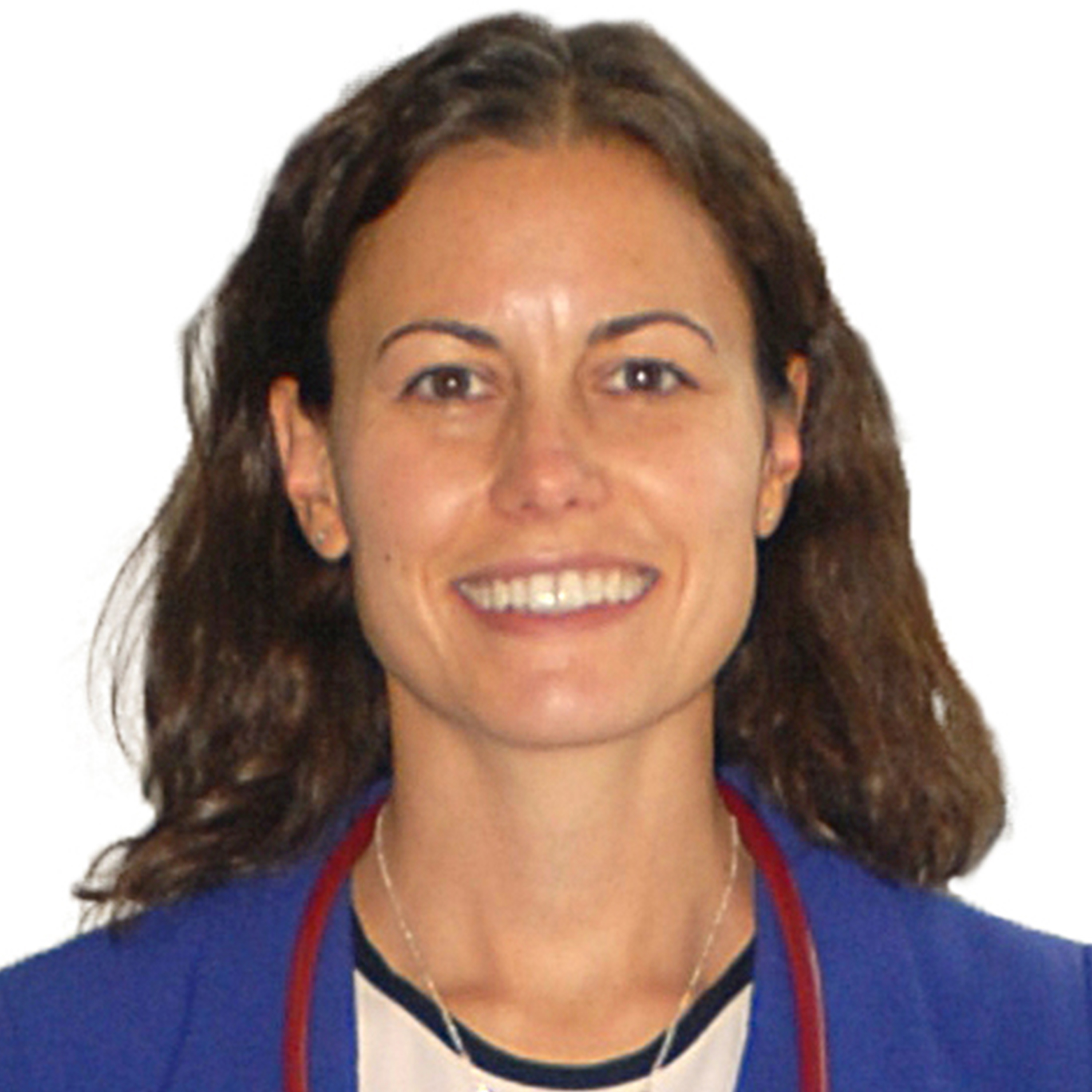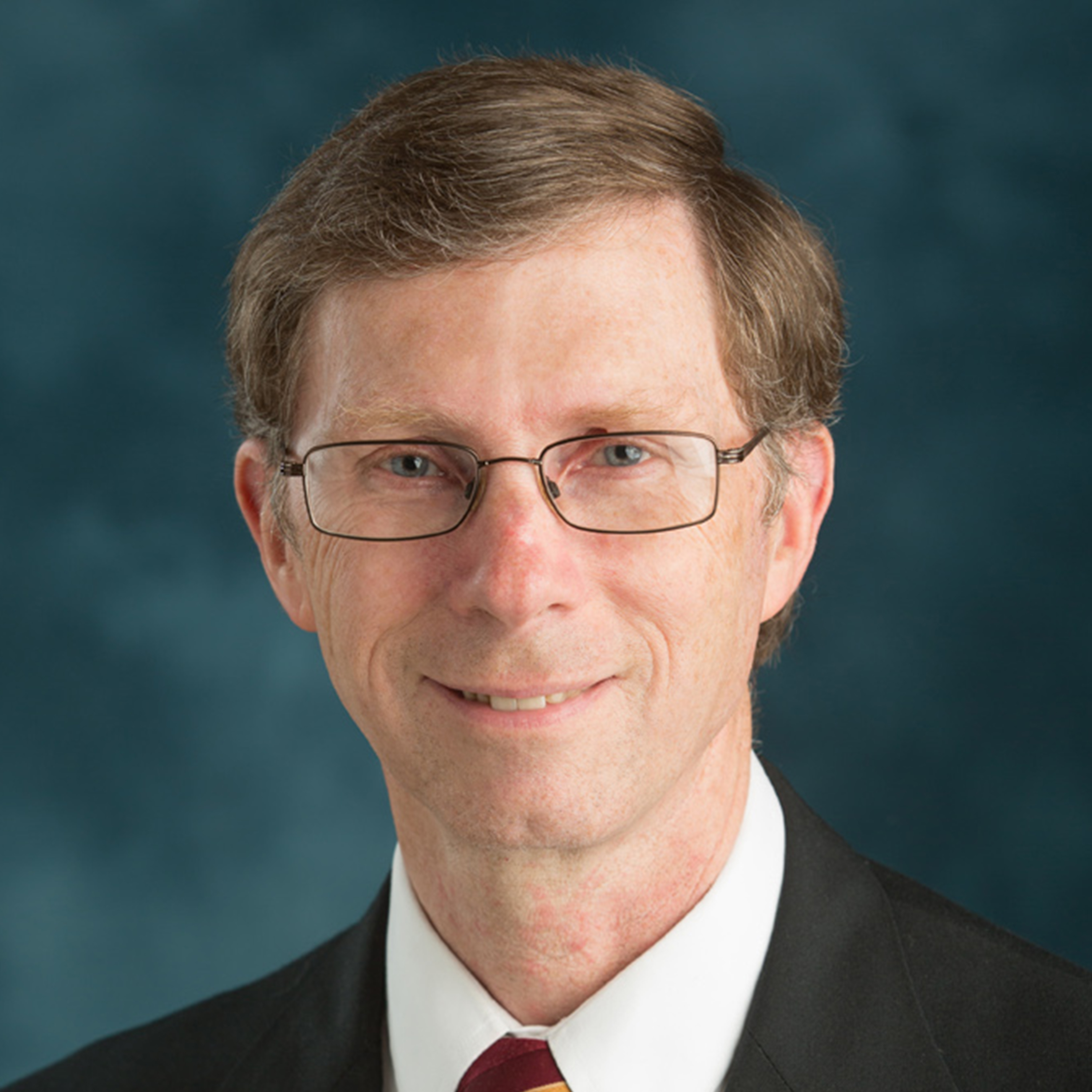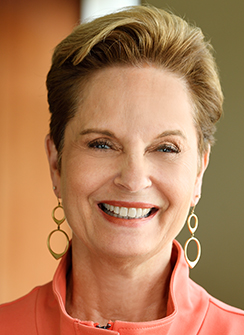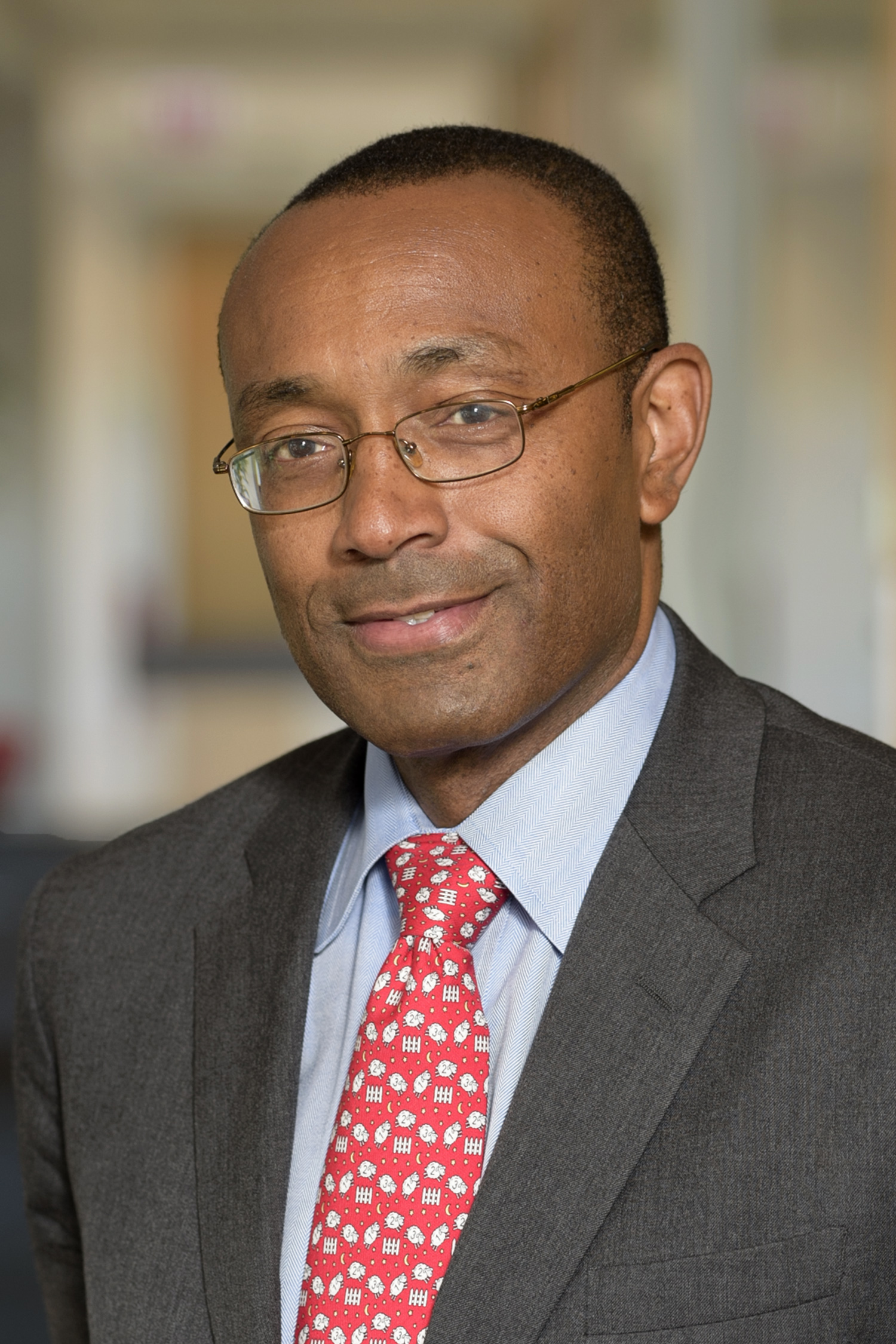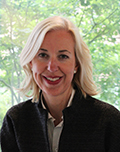Agenda
Filters
Select any of the filters below to view only workshops that meet that criteriaFocus Area
Type
Search
Show All
Sunday, October 27
| 13:00 - 16:00 | |
| 16:00 - 19:00 | |
| 16:30 - 17:15 | |
| 17:30 - 19:00 |
Monday, October 28
| 6:30 - 7:15 | |
| 7:30 - 8:30 | |
| 7:30 - 17:30 | |
| 8:30 - 10:00 | |
| 10:00 - 10:15 | |
| 10:20 - 11:20 | |
| 11:25 - 12:25 | |
| 12:30 - 13:25 | |
| 13:30 - 14:30 | |
| 14:35 - 15:35 | |
| 15:35 - 15:55 | |
| 16:00 - 17:30 |
Tuesday, October 29
| 6:30 - 7:15 | |
| 7:30 - 8:30 | |
| 7:30 - 17:30 | |
| 8:30 - 10:00 | |
| 10:00 - 10:15 | |
| 10:20 - 11:20 | |
| 11:25 - 12:25 | |
| 12:30 - 13:25 | |
| 13:30 - 14:30 | |
| 14:35 - 15:35 | |
| 16:00 - 17:30 | |
| 17:30 - 18:30 |
Wednesday, October 30
| 6:30 - 7:15 | |
| 7:30 - 8:30 | |
| 7:30 - 16:30 | |
| 8:30 - 10:00 | |
| 10:00 - 10:15 | |
| 10:20 - 11:20 | |
| 11:25 - 12:25 | |
| 13:30 - 14:30 | |
| 14:35 - 16:00 | |
| 16:00 - 16:15 |
Reflections: Practical Steps to Improve the Learning Environment of Health Professionals
|
| 16:15 - 16:30 |
Closing Remarks
|
Sunday, October 27
| 13:00-16:00 - Pre-Conference Experiential Workshop | ||||||
Pre-Conference Experiential WorkshopThe Art of CareThis pre-conference workshop will take place entirely in the galleries at the National Gallery of Art in Washington, DC on Sunday, October 27, 2019, from 1:00-4:00 pm. Through interactive discussions and guided activities about original works of art, workshop participants will critically analyze paintings and sculptures to build skills that support visual literacy, communication, teamwork, and reflective capabilities. Working independently and collaboratively in small groups, participants will closely observe and articulate what they notice, acknowledge their personal preconceived notions, collaborate on problem-solving, and increase communication through analysis and discussion. Participants will also reflect on how they can apply these skills to their work to enhance relationships with care recipients, members of healthcare teams, learners, and colleagues, as well as on how these skills can improve both the work and learning environments. In addition, those attending the workshop will experience how the museum itself supports individual wellness and resilience. The workshop will be completely interactive. Using a variety of engagement approaches, such as Visual Thinking Strategies, Thinking Routines, mindful listening with live music, and the use of metaphor, participants will take part in guided group conversations, small group work, and individual activities. Throughout the session, participants will slow down to engage deeply with works of art to practice active listening, communication skills, and perspective taking. They will connect the work done at the museum on personal and professional levels with frequent opportunities for reflection to consider how these skills can be applied to practice and educational contexts. The workshop will also introduce the museum as a place for restoration and rejuvenation. No knowledge of art, art history, or museums is required. Participants are responsible for their own transportation to and from the National Gallery of Art. Space is limited; this event has a maximum enrollment.
Presenters:
|
||||||
Pre-Conference Experiential WorkshopCulinary Medicine Teaching Kitchen Learning LabThis hands-on ‘teaching kitchen’ pre-conference experience will focus on building confidence through technique-driven cooking skills and teamwork engagement. The pre-conference workshop will take place at the MedStar Lafayette Center in Washington, DC, on Sunday, October 27, 2019, from 1:00-4:00 pm. Participants will learn introductory knife skills, unapologetically delicious plant-based recipes and practical tips for incorporating healthy culinary approaches into a busy daily routine. In addition to nutritious cooking being introduced, the topics of mindfulness, sleep, stress-reduction, physical activity and community will be discussed. This pre-conference session will conclude with the group seated at a shared table enjoying the prepared dishes and engaged in an open discussion. Upon completion of this pre-conference session, participants will be able to:
Participants are responsible for their own transportation to and from the MedStar Lafayette Center. Space is limited; this event has a maximum enrollment.
Presenters:
|
||||||
| 16:00-19:00 | ||||||
Registration |
||||||
| 16:30-17:15 - Experiential Session | ||||||
Experiential SessionMindful Yoga Self-Care Session |
||||||
| 17:30-19:00 - Experiential Session | ||||||
Experiential SessionMindful Salon
A salon is a gathering of people under the roof of an inspiring host, held partly to amuse one another and partly to refine the taste and increase the knowledge of the participants through conversation. (https://en.wikipedia.org/wiki/Salon_(gathering) Please accept this invitation to be our guest, bringing yourself fully here as an entrée to the CENTILE 2019 experiential forum. We will share together, in light-hearted fashion, as we explore personal and professional dimensions of conference themes. Join us to feed your mind, your body and your spirit. Yes, that means appetizers and drinks. Background: Introducing the Mindful Salon: Conference attendees are invited to join this Mindful Salon, where they will find beverages (tea, coffee, soft drinks, wine, beer), and appetizers, seats, and tables. They gather around tables in small groups and engage in conversation with each other, guided by questions found at each table related to conference themes. Attendees are encouraged openly to share personal and professional experiences, as they feel comfortable. At several time intervals they will change seats, joining new tables and colleagues, deepening their discussions with new questions. We hear much about patient-centered care and learner-centered education…perhaps we can consider the Mindful Salon an opportunity to foster “Conference Attendee-Centered Experience” with conference participants engaging personally and professionally in a comfortable and informal setting.
Presenters:
|
||||||
Monday, October 28
| 6:30-7:15 - Experiential Session | ||||||
Experiential SessionMeditation |
||||||
| 7:30-17:30 | ||||||
Registration |
||||||
| 7:30-8:30 | ||||||
Continental Breakfast |
||||||
| 8:30-10:00 - Plenary Sessions | ||||||
Plenary Presentation8:30-8:45Welcome Remarks
Presenters:
|
||||||
Plenary Presentation8:45-9:15Habitats for Healers: Architectural Design for CliniciansEvidence-based design has focused on the patient experience, but what is the impact of architecture on those delivering care? This presentation by Dr. Anderson, a physician-architect, will focus on aspects of healthcare architecture which impact the experience of delivering care and clinician well-being. Can space design help address some aspects of the burnout and moral distress experienced by providers of care? What is the role of the clinician in the healthcare architecture process? Clinicians are increasingly asking to acquire new skill-sets and knowledge in design thinking to develop novel modes of practice and models of care. Dr. Anderson explores how cross-disciplinary collaboration between the architect and the clinician provides a mechanism for positive change in healthcare.
Presenter:
|
||||||
Plenary Presentation9:15-9:45Impact of Teaching Kitchens and Culinary Literacy on the Learning and Work EnvironmentsHow we eat, move and control our thoughts and emotions impacts our health, our recuperative capacity and our well-being in the learning and work environments. These truths apply to both patients and caregivers; learners and teachers. How might hospitals, as well as medical and allied health schools of the future, be designed to improve clinician well-being and the caring for patients? How might health care environments showcase optimal food choices, and opportunities for being more mindful, in the learning and working environments? In this presentation Dr. Eisenberg will describe the emergence of “Teaching Kitchens”, which combine nutrition education, hands-on cooking instruction, mindfulness training, exercise prescription and behavioral change strategies; and, which are being used as “learning laboratories” and “de-facto translational research centers” across the US and globally.
Presenter:
|
||||||
Plenary Presentation9:45-10:00Moderated Discussion |
||||||
| 10:00-10:15 - Exhibits | ||||||
ExhibitsRefreshment Break |
||||||
| 10:20-11:20 - Symposium | ||||||
SymposiumA Comprehensive Blueprint for Enhancing Culture, Well-being, and Resilience: Early Lessons from the National Taskforce on Humanity in HealthcareOrganizational Aspects Culture In this session, we will present an overview of the work led by the National Taskforce for Humanity in Healthcare since 2015. Specifically, we will discuss the rationale for creating the Taskforce, the 3 primary areas of focus-creating a business case for health professionals' well-being, changing the measurement paradigm from one of burnout to one of thriving, and developing a comprehensive blueprint for organizations seeking to elevate health professionals' well-being and performance. We will then focus on lessons learned from piloting this blueprint in 4 diverse health systems across the United States in 2019. We will explore a novel, 13-item instrument for measuring burnout, resilience, and thriving, and outline a 5-step process for leading the creation of comprehensive, sustainable change toward a work environment that enhances clinical team performance, professional well-being, and a culture of excellence.
Presenters:
|
||||||
| 10:20-11:20 - Panel | ||||||
PanelImplementing Mind Body Medicine Courses to Improve Learning and Work Environments: Lessons Learned from 3 InstitutionsEnvironments It is well documented that medical students, residents, and faculty experience high levels of burnout, suicide ideation, and depression.1,2 Elements inherent in the learning and work environments can contribute to this through deficits in social support, community, and connectedness, as well as by maintaining unhealthy workloads and expectations.2 Additionally, medical school environments can be a hotbed for competitiveness and promote a facade of "having it all together." Students and faculty often lack role models who are unafraid to express their own vulnerability; thus, potentially creating an unhealthy culture that is disconnected from our shared humanity.3 Recently, shame has garnered much attention in medical education and is often attributed to failures related to patient care, learning goals, and/or personal goals with negative effects such as social isolation, disengagement, and impaired empathy and well-being.4 Mind Body Medicine (MBM)5,6 group skills training can foster self-awareness, improve self-care, and provide a supportive, nonjudgmental community for relationship and skill development, while creating connectivity and cohesion amongst group participants that may promote resilience to shame. This panel discussion will provide an opportunity to share how MBM has been implemented at each of the three institutions, including lessons learned and best practice approaches. The panelists will discuss outcomes, specifically in relation to resiliency, burnout, stress, and social support; and discuss how MBM programming has affected the learning and work environments at their institutions. The following questions will be explored: 1. How do wellness initiatives such as MBM contribute to systematic changes in the learning and work environment? 2. How can organizations and systems provide support for wellness programs such as MBM across the continuum of medical education? 3. How are MBM skills such as self-awareness, connectiveness, and vulnerability linked to leadership and learner development, as well as to boosting resilience to shame, guilt and feelings of inadequacy?
Presenters:
|
||||||
| 11:25-12:25 - Symposium | ||||||
SymposiumLiterature and Medicine: Using Fiction to Promote Wellbeing in the Medical Learning EnvironmentCurricular Interventions to Improve Well-Being We have long known about the therapeutic power of literature. The original Hippocratic physicians were not only doctors, but also poets, writers, and interpreters of dreams. Patients, they knew, required more than potions to heal. It is therefore no surprised that both bibliotherapy-the use of curated books for psychological treatment-and therapeutic writing and journaling have been linked to improved patient wellbeing. Recently, we have begun to the therapeutic power of literature on physicians as well. Multi-center studies of medical students demonstrate that exposure to medical humanities improves student empathy and decreases burnout. With this in mind, our team conducted a series of national studies examining the association between burnout and exposure to fiction. These studies revealed the protective effect of non-medical reading in a series of cohorts: US residents, European residents, a national registry of palliative care providers, and a multi-specialty study of physicians. In this workshop, we will explore the history of literature and medicine and its impact on patients, residents, physicians, and other medical providers. We will also explore our experience with building and running a Literature and Medicine Program at the Georgetown University School of Medicine for the past 6 years and the creation of a new reciprocal program at MedStar Health for physicians in training.
Presenters:
|
||||||
| 11:25-11:40 - Oral Abstract | ||||||
Oral AbstractSelf-Perceptions of Professional Resilience in Hospital EmployeesOrganizational Aspects Culture
Presenter:
|
||||||
| 11:40-11:55 - Oral Abstract | ||||||
Oral AbstractBeyond Programing, Improving Wellbeing of Individuals and Groups in HealthcareEnvironments
Presenters:
|
||||||
| 11:55-12:10 - Oral Abstract | ||||||
Oral AbstractMedical Students as Valuable Contributors to Patient Centered Health CareEnvironments
Presenters:
|
||||||
| 12:10-12:25 - Oral Abstract | ||||||
Oral AbstractImpact of Mind-Body Skills Training and Group Facilitation on Faculty and Staff Well-Being: Changing the Culture of the Learning and Work EnvironmentsEnvironments
Presenters:
|
||||||
| 12:30-13:25 | ||||||
Lunch |
||||||
| 13:30-14:30 - Panel | ||||||
PanelConnecting Silos in Healthcare and Educational Organizations to Implement Missions for Creating Compassionate Care and Learning EnvironmentsEnvironments At a time when patient experience and physician well being are a top priority in healthcare organizations, there remain barriers and obstacles to funding important initiatives that could benefit the overall work environment for patients, professional staff and employees. This panel, comprised of an organizational development expert, a member of a hospital leadership team, and leaders of workplace enhancement initiatives, will discuss the question of how to connect across silos to implement programs that benefit patient safety, patient experience, health outcomes, physician and nurse job satisfaction and decrease burnout associated with negative work environments. A new model for creating work environments that reflect respect, empathy and compassion across disciplines will be explored.
Presenters:
|
||||||
| 13:30-14:30 - Symposium | ||||||
SymposiumUse of a Health Promotion and Integrative Health Pathway to Improve Wellbeing Can Complement a Student Wellness ProgramCurricular Interventions to Improve Well-Being Medical schools struggle to teach both the needed skills for assisting patients with health behavior change, as well as for providing advice about integrative health therapies, despite a strong societal demand for guidance in these areas. Obesity and its related health consequences continues to plague U.S. populations. Use of integrative therapies continues to be pervasive. At the same time, students are at high risk for poor self-care and burnout. The primary approach to student well-being has programmatic support services. Dovetailing both curricular and support programs can broaden impact on both students and their future patients. The University of Utah implemented multiple elective pathways to allow students to develop more in-depth field of knowledges. The Health Promotion and Integrative Health Pathway includes 300 hours of education including core courses during the first three years and a variety of electives through all four years, including an interprofessional Culinary Medicine course. The goal is to create physicians who are able to champion healthy lifestyles, preventive medicine, and wellness at the level of themselves, their individual patients, and their community. Graduating students will be surveyed regarding their confidence in assisting patients with health behavior change, as well as their own health habits. The University of Utah School of Medicine Wellness Program is comprehensive with onsite individual and group therapy, psychiatric services, seminars, workshops, and integration with other student services. The program expanded over 4 years to reach over 50% of the student body. This expansion coincided with the above innovative curricular interventions and demonstrated the School of Medicine's commitment to promoting the well-being of patients and physicians-in-training. By combining curriculum with services targeted at medical student well-being we hope to optimize not only the medical student experience but also their future patients.
Presenters:
|
||||||
| 14:35-15:35 - Symposium | ||||||
SymposiumIntegrating the Arts and Humanities into Medical Education: From Fun to FundamentalCurricular Interventions to Improve Well-Being A growing evidence base suggests that learning experiences that integrate the arts and humanities within medical education may lead to a variety of important individual and organizational outcomes, including the promotion of wellbeing. The Association of American Medical Colleges (AAMC) has launched a major strategic initiative to advance the integration of the arts and humanities across the continuum of medical education. This session will describe the AAMC strategic initiative, provide one or more conceptual frameworks to deepen understanding of how and why the art and humanities are useful in medical education, review research evidence and gaps, and engage participants in a discussion of key challenges and opportunities in this domain.
Presenters:
|
||||||
SymposiumStrategic Approaches to Wellbeing from Frontline ChampionsOrganizational Aspects Culture This symposium will highlight three programs that are deploying a variety of strategies to advance wellbeing within their organizations. Panelists will discuss goals, strategic approaches, describe their roles, program metrics, results and challenges, and share lessons learned in building Cultures of Wellbeing. Attendees will contribute to the discussion by describing their experiences in building and sustaining cultures that support health, wellbeing and resilience.
Presenters:
|
||||||
| 15:35-15:55 - Exhibits | ||||||
ExhibitsRefreshment Break & Book Signings |
||||||
| 16:00-17:30 - Workshop | ||||||
WorkshopBuilding a Wellness Champions Program in the GME: Practical Steps and ConsiderationsCurricular Interventions to Improve Well-Being Physician burnout is estimated to affect nearly half of all physicians. The problem appears to be even more dire for physicians in training. Recognizing the complexity and pervasiveness of this issue, the Accreditation Council for Graduate Medical Education (ACGME) established resident-wellbeing as a mandate through the Common Program Requirements Section VI. However, the question of how best to promote resident well-being remains. After all, the burnout experience is as varied as the training programs that are tasked with addressing it. One thing is clear: successful solutions will not be found in "one size fits all" approaches In the Summer of 2018, MedStar Health launched a Wellness Champions Initiative through the MedStar Graduate Medical Education Consortium. Each program with an active residency was invited to nominate a department-level well-being director. The program was set up to include a longitudinal instructional component in which the participants convene for 3 hours every two months. Educational topics include general approaches to burnout science, burnout surveys, systemic drivers of burnout, cultural (professionalism) drivers of burnout, and personal resilience. At the same time, program participants were given instruction on designing an internal departmental well-being improvement project. Following a departmental needs assessment, well-being projects could be structured to address burnout caused by systemic issues (e.g. improving workflow, access to food, and scheduling optimization) or cultural barriers (e.g. lack of mentorship, lacking professionalism); project addressing personal resilience were discouraged. From leadership support, to securing venues and engaging speakers, to supporting the research projects of the wellness champions, participants in this workshop will learn about key steps to creating, building, supporting, and sustaining a wellness champion program in a graduate medical education setting.
Presenters:
|
||||||
WorkshopShame in Medical Education: A Mindful ApproachOrganizational Aspects Culture This workshop will initiate an exploration of shame in medicine and medical education through interpersonal dialogue and contemplative practice. Bynum et al's (2018) recent study in medical residents points to a need for this exploration. Their analysis revealed shame to be a highly physical and emotional experience (a so-called "sentinel emotional event") that can be triggered by events related to patient care, learning, and personal goals. Reported effects of shame were largely negative and included social isolation, feelings of depression and burnout, diminished physical wellness, unprofessional behavior, and impaired empathy. The workshop will incorporate an empirically validated approach called Mindful Practice to explore this challenging theme facing health professionals. This approach utilizes contemplative practice to develop critical awareness of shame in medicine and medical education (investigating the sources and impact of shame), shared narrative-based dialogues (reflecting on the personal impact of such experiences) and elements of inquiry (identifying individual qualities that mitigate negative effects) (Krasner et al, 2009). Our research supports that Mindful Practice and contemplative practices impact clinician well-being (improved mood, lower burnout), quality of care given, and quality of caring (empathy, compassion, responsiveness). Participants report the they benefit from sharing their stories with others, gaining a decreased sense of isolation with being in community, and learning self care tools through the contemplative practices. Also mindfulness research supports contemplative practice as a valuable tool for increased interoceptive capacity, clarity of awareness and decision making. We have developed this session as a powerful and useful response to the need for the cultivation of engagement, empathy and shame-resilience in health care workers as a strategy to promote wellbeing in the learning and work environment.
Presenters:
|
||||||
WorkshopRevealing and Addressing the Hidden Curriculum and Professional Culture in the Clinical Workplace: a Practical Tool for Trainees and FacultyOrganizational Aspects Culture To improve learning and work environments of health professionals and trainees, one must be able to 1) identify the hidden curriculum and professional culture of the clinical workplace and 2) engage those within the environment to change it. The hidden curriculum is known to be highly influential in medical education, especially in the clinical workplace, affecting not only patient safety but also the wellbeing of faculty and trainees. However, it is often described solely from the trainee perspective, in negative terms that can alienate those who feel criticized, and without structured approaches to addressing it. In this workshop we present a practical, non-judgmental method called REVIEW (Reflecting & Evaluating Values Implicit in Education in the Workplace), that has been used successfully to elucidate and constructively address the hidden curriculum and professional microculture within clinical units/departments. REVIEW approaches the hidden curriculum as a reflection of the professional microculture of a clinical team. This microculture results from collective problem-solving and mutual negotiation when facing different, often conflicting, demands and interests, and their underlying values in daily clinical practice. Using this non-judgmental conceptual framework, REVIEW employs a series of 50 culture statements that must be prioritized using Q-sort methodology, reflecting how the culture in a particular clinical context (e.g. ward or department) is perceived by faculty members and trainees. This procedure can be done individually or in groups. Most important is the resulting team dialogue after the exercise - a discussion about current perceptions of actual team culture versus the potential culture desired by the team, and the steps the team will take to achieve the desired culture. Workshop participants will engage with each other to go through the steps of REVIEW, reflect on its applicability in their own context, and leave with the skills and tools required to implement REVIEW.
Presenters:
|
||||||
WorkshopCultivating a Growth MindsetCurricular Interventions to Improve Well-Being The growth mindset concept, from the work of Dr Carol Dweck, is widely known and applied in educational systems. While referenced and applied in other behavioral psychology works, many medical education and healthcare systems continue to teach and operate in a fixed mindset, to the detriment of students and clinicians. Practicing, and incorporating growth mindset principles, can enhance individual resilience by promoting positive attitude, growing cognitive flexibility, and enhancing coping skills. Its application to the healthcare work environment has the potential to encourage a culture that can more effectively process errors, collaborate versus compete, speak a common language of growth and learning, and enhance wellness. This session will begin with an interactive exercise, framed in a fixed mindset, followed by a debrief of the experience. Then the group will learn the concept of mindset and how fixed and growth mindsets impact perception of experiences and willingness to take risks. Practical applications of the theory will be demonstrated and practiced, drawing on workplace and personal life experiences. From a growth perspective, participants will engage in the interactive exercise again, experiencing the differences and benefits of this mindset.
Presenters:
|
||||||
WorkshopCoaching for Student and Faculty WellbeingCurricular Interventions to Improve Well-Being The Scholarly Excellence Leadership Experience Collaborative Training (SELECT) program was developed by healthcare leaders from the University of South Florida Morsani College of Medicine in Tampa, FL and the Lehigh Valley Health Network in Allentown, PA to prepare medical students in leadership. In addition to the foundational SELECT courses, which focus on the domains of leadership, health systems and values based patient-centered care, the program includes a coaching component to aid the students in their professional development. Students are assigned two faculty coaches who work with the students throughout their medical school experience. A unique feature of the coaching program is a concentration on ensuring faculty coaches are adequately trained to guide the students on the path of self-discovery. The coaches attend a two and a half day CME sponsored event to learn about and practice components of emotional intelligence and how that can positively impact outcomes. Faculty leaders host faculty development training on a quarterly basis and provide annual feedback. Peer coaching is another component of the program that lends itself to increased resiliency and decreased levels of emotional exhaustion by building on strengths and helping participants regain a sense of accomplishment. The outcome of faculty participation in these workshops not only accounts for positive outcomes for the students but through interactive, intrapersonal, and interpersonal experiences and procedures that guide the development and maintenance of resiliency, faculty are impacted as well. Outcomes for students and faculty include problem solving skills, self-knowledge, motivation/personal meaning, optimism, supportive relationships, self-management and resiliency.
Presenters:
|
||||||
Tuesday, October 29
| 6:30-7:15 - Experiential Session | ||||||
Experiential SessionYoga |
||||||
| 7:30-17:30 | ||||||
Registration |
||||||
| 7:30-8:30 | ||||||
Continental Breakfast |
||||||
| 8:30-10:00 - Plenary Sessions | ||||||
Plenary Presentation8:30-9:00Research on the Learning Environment: The Need for Models to Guide InterventionsIn the face of high rates of burnout, distress, and suicide risk among medical trainees and physicians, access to comprehensive mental health treatment is critical and now required by ACGME-accredited programs. Different models of treatment exist but physicians, especially during training years, report barriers to receiving care. An on-site program Oregon Health & Sciences University (OHSU) was designed to lower these barriers and promote help-seeking of residents, fellows, and faculty through outreach, consultation with leaders, and referrals from peers. High utilization of the OHSU Resident and Faculty Wellness Program (34% of all residents/fellows; 6.5% of faculty annually) suggests that this model of care is seen as accessible and helpful. Key components of a wellness and suicide prevention program and lessons learned over fifteen years of providing care to medical trainees and faculty will be presented.
Presenter:
|
||||||
Plenary Presentation9:00-9:30Fostering a Culture of Ethical Practice in HealthcareHealth care organizations are exploring ways to address the deepening crisis of burnout, shortages of clinicians, and decreased work engagement. Moral suffering, particularly moral distress, has been identified as a prominent factor in burnout. Simultaneously, institutional pressures for documentation, system inequalities, and undue external pressures including regulations and legal risks, deepen the constraints on clinician integrity and undermine quality, safe healthcare. We find ourselves constantly distracted, operating in crisis mode, focusing on what is not working and thinking solutions lie in more training programs. Most often root causes are ignored and problem-solving focuses on surface level interventions that result in partial, unsustainable solutions. This session will explore a method for aligning individual and organizational values, recognizing patterns that create the problems in the first place, creating alternatives, and designing solutions that leverage creativity and wisdom to shift culture.
Presenter:
|
||||||
9:30-10:00
Moderated Discussion |
||||||
| 10:00-10:15 - Exhibits | ||||||
ExhibitsRefreshment Break |
||||||
| 10:20-11:20 - Panel | ||||||
PanelFaculty Resilience, Leading the Path to Measurable ChangeResearch Aspects In 2014, the newly restructured AAMC Council of Faculty and Academic Societies (CFAS) opened its annual meeting with a plenary addressing the issue of burnout among faculty in academic medicine, making it among the first council or group in the AAMC to openly discuss this topic in this setting. The president and CEO of the AAMC, a co-founder of National Academies of Medicine Wellbeing Collaborative, has credited CFAS and its Resilience Committee with bringing this issue to the forefront and helping to explore issues of resilience across all faculty-- educators, scientists, and clinicians alike. The Resilience Committee, composed of faculty from a variety of specialties/ranks across numerous institutions, has continued to work diligently to move towards developing metrics that address both needs of the individual faculty member and the systemic issues that impact faculty well-being. Their work includes a recent collaboration with AAMCStandPoint Surveys team, who administers medical school faculty engagement surveys, to begin to develop new metrics that are meaningful in understanding the workplace issues that may contribute to burnout.. The StandPoint Faculty Engagement Survey currently collects data on faculty burnout and perceptions of wellness within the academic workplace, reporting widely on experiences across faculty groups.(Citation) StandPoint Surveys also convenes a learning community that has discussed strategies for addressing burnout, among other key faculty issues. The AAMC's work to convene faculty and leaders through CFAS and StandPoint serve as one example that can further understanding and addressing of these issues nationally. This panel will discuss the work of the CFAS Resilience Committee, review the current data from AAMC's StandPoint Surveys, and highlight other AAMC resources available to institutions. Conversation will focus on the need for and impact of cross specialty and cross institutional input on developing assessment tools and measurable strategies to promote faculty wellness and resiliency.
Presenters:
|
||||||
| 10:20-11:20 - Symposium | ||||||
SymposiumThe Birthing of a Mindful Medical CenterEnvironments "Intentional, systematic and growing" describes the process by which we assessed what was truly needed to financially and organizationally create a Mindful Medical Center for both employees and patients. Many programs come and go, but we wanted to till the soil, fertilize it with programming that was pragmatic and accessible, could be sustained over time, with room allowing it to morph and grow. Our desire was to birth a Mindful Medical Center, and towards this end, we put the time, energy, and leadership resources toward that goal. Years of planning and one year fully operational, The Ohio State University Wexner Medical Center would like to share the process and the product with you in this interactive symposium. From the Executive Director of the University Hospital, the Associate Dean of Graduate Medical Education, the Associate Chief Nursing Officer of Critical Care and Emergency Services, to the Wellness Program Coordinator, and a mindfulness curriculum designer and researcher, we want to share our story of the critical pieces and parts necessary for this transformation to occur. What were the necessary planning steps and commitments that had to be in place before any true programming could occur? Pilot research utilizing the mindfulness intervention with resident physicians from various programs was a foundational beginning that was necessary for leadership to commit securing of financial backing and the hiring of a program coordinator. Through the pilot research we learned that burnout transcends clinician job title and role, thus intervention strategies designed to address burnout needed to be interprofessional in both scope and practice. In the initial systematically planned mindfulness cohorts (n=140) we attracted 34% physicians, 9% chaplains, 3% pharmacists, 19% registered nurses, 6% advanced practice nurses, 3% dieticians, 4% other clinical staff, and 23% non-clinical healthcare staff. These cohorts demonstrated a significant 15.6%-26% reduction in burnout.
Presenters:
|
||||||
| 11:25-12:25 - Symposium | ||||||
SymposiumHope for the Future: What Our Learners Think About Empathy and Professional Identity FormationCurricular Interventions to Improve Well-Being The Physician Healer Track (PHT) is a voluntary, 4 year longitudinal scholarly concentration which focuses on self-awareness, self-reflection, mindfulness, interpersonal communication skills, self-care, life balance and development of healing presence. The curriculum was developed in response to the Carnegie report regarding Professional Identity Formation and ongoing evidence of the loss of empathy during medical training. Topics addressed in this track include: Mind Body Stress Reduction, Non-violent Communication, Cognitive Behavioral Therapy, Development of Empathy, Self-care, The Grief Response, Humor in Medicine, Being with Suffering, Nutrition, Physical Activity, Motivational Interviewing and Developing a Healing Presence. The program appears to be meeting a deep seated need in medical students for formal training in self-growth and professional identity formation. An important part of any such training is the impact on the learners. A current student and 2 former students who are in now in residency, will present their views of this training.
Presenters:
|
||||||
| 11:25-11:40 - Oral Abstract | ||||||
Oral AbstractMindfulness and Stress Management at a Medical School from Brazil: Curricular Intervention to Improve Well-being for Medical Students.Curricular Interventions to Improve Well-Being
Presenters:
|
||||||
| 11:40-11:55 - Oral Abstract | ||||||
Oral AbstractGive Thanks! Having More Gratitude is Associated with Lower Burnout, Depression and Feeling Overwhelmed in Medical StudentsCurricular Interventions to Improve Well-Being
Presenters:
|
||||||
| 11:55-12:10 - Oral Abstract | ||||||
Oral AbstractClinician Mindfulness Training at Boston Medical Center: A Pilot Program for Stress Reduction, Vitality, and Professional DevelopmentCurricular Interventions to Improve Well-Being
Presenters:
|
||||||
| 12:10-12:25 - Oral Abstract | ||||||
Oral AbstractEffects of Mindfulness-Based Interventions on Self-Compassion in Health Care Professionals: A Meta-AnalysisCurricular Interventions to Improve Well-Being
Presenters:
|
||||||
| 12:30-13:25 | ||||||
Lunch |
||||||
| 13:30-14:30 - Panel | ||||||
PanelThe Intersection of Disruptive Behavior and Wellness: A RoadmapOrganizational Aspects Culture Recent research raises the possibility that disruptive behavior is reflective of a distressed provider as the behavior can be associated with a history of adverse childhood experiences, medical issues, and/or other mental health issues including burnout. Such behavior if present presents a difficult and pernicious problem for academic medical centers and healthcare institutions. Similar to a disease state, disruptive behavior in its most florid form can be debilitating in its wellness effects and an existential threat to the career of the trainee/physician who exhibits the problematic behavior. In a sense disruptive behavior is communicable; it degrades the working environment thus taxing the system's wellness ethic, potentially putting the health and safety of others, including patients, colleagues, support staff and the entire enterprise at risk. This panel presentation will discuss distressed trainees/physicians from multiple perspectives and approaches centering on our understanding of wellness as central. We will use a public health framework considering primary, secondary, and tertiary perspectives. 1. From a primary prevention perspective, we will discuss methods to prevent difficulty. Such approaches include education about health/wellbeing and education about unprofessional behavior and its causes/manifestations/costs. We will also discuss methods of fostering a culture of health/wellbeing, respect and civility. 2. Secondary prevention aims to reduce the impact of difficulty that has already occurred. This is done through early detection/treatment/remediation, encouraging personal strategies to prevent reinjury or recurrence, and implementing programs of remediation to prevent long-term problems such as licensure difficulty or dismissal. The importance of having institutional norms and policies as well as addressing the hidden curriculum in support of this will be discussed. 3. Tertiary prevention addresses the impact of ongoing behavioral issues that have lasting effects through addressing long-term, often-complex issues that might be contributing to the problematic behavior both in the physician and the institution.
Presenters:
|
||||||
| 13:30-14:30 - Symposium | ||||||
SymposiumA System Based Intervention to AddressS Team Values, Well-Being, and Optimal PerformanceOrganizational Aspects Culture In this session, we will present an innovative, team-based intervention to address system and culture factors impacting daily workflows, workplace culture, and optimal human performance. We will illustrate a process that attendees can implement at their own institutions, including a "playbook" with details for collecting baseline data on culture and well-being, developing a team-based structure for improvement work, facilitating a team retreat focused on well-being and performance, and an approach for prioritizing interventions over time. We will provide a framework and timeline for the multi-month engagement, including guidance on how to identify leaders with the necessary experience in group facilitation, resilience/well-being efforts and systems-based quality improvement to support planning and execution. Finally, we will describe the outcomes achieved from our approach, including measurable improvements in team satisfaction, retention, engagement, productivity, and burnout.
Presenters:
|
||||||
| 14:35-15:35 - Workshop | ||||||
WorkshopEnhancing Students' Well-Being through Cultivation of Leadership Skills in Medical School CurriculumCurricular Interventions to Improve Well-Being Ever greater expectations and demands are placed on new medical graduates to function as competent, efficient leaders in the complex US healthcare system. They must adapt to ever-changing clinical environments and model team success. Effective leadership also requires maintaining psychological and social well-being. However, there are significant work-based stressors and hidden curriculum that challenge their ability to perform proficiently, maintain a professional attitude, and flourish. We have identified emotional intelligence (EI), professional identity formation (PIF), and resilience as three interconnected core domains that enhance clinical leadership development and strengthen well-being. Self-care, gratitude, expectation setting, reflective practice, and strengths building are emphasized as well-being themes and integrated into each core domain. Emotional intelligence plays an essential role in effective leadership through increased self- and organizational awareness and management. Increased EI also mitigates burnout by development of appropriate regulation of emotional response to stressful situations. This leads to improved coping skills and an enhanced sense of well-being. Reflective professional identity formation (PIF) activities allow students to create meaning from stressful events and identify values that reflect their individual professional identity. PIF also highlights the social relationships that frame their evolving inter-professional identity. This exploration contributes to increased resiliency by encouraging a sense of shared identity and enhances well-being. Practices to strengthen resilience are known to contribute to improved well-being. Cultivating resilience through reflective practices, mindfulness exercises, and encouraging a growth mindset also contribute to the development of thriving leaders in the US healthcare landscape.
Presenters:
|
||||||
WorkshopGroup Process as a Tool for Reducing Burnout: A Train the Trainer WorkshopCurricular Interventions to Improve Well-Being This workshop begins by learning key principles of Emotional Intelligence and Cognitive Behavioral Therapy and how to apply these principles to facilitate process groups (prompts, redirection, affirmation). The group will then break out into small groups with suggested questions to discuss. Each group member will have an opportunity to practice each of the five prompts/redirections discussed as well as a time to practice cognitive restructuring tools. You will leave this workshop with access to slides to use in your own setting and knowledge of how to support, redirect and process common themes.
Presenter:
|
||||||
WorkshopEngaging Faculty and Residents in Examining the Hidden Curriculum: Application of an Interactive ToolOrganizational Aspects Culture Medical education occurs in large part within the "hidden curriculum;" there is evidence that medical learners often experience discrepancies between what they are told to do and what they see being demonstrated by faculty. Educators are encouraged to uncover the hidden curriculum, as awareness of the messages being communicated by teachers and administrators can help medical educators to address unintended negative messages and integrate positive aspects into the formal curriculum. While the hidden curriculum has received quite a bit of attention in medical education, there are few structured approaches available in the literature to help programs make sense of these implicit factors. A recently published tool, REVIEW (Mulder et al. 2019), uses a sorting method to facilitate evaluation of and discussion about a program's potentially hidden curriculum. In this workshop, after a brief overview of the concept of the "hidden curriculum," participants will be encouraged to identify examples of informal lessons their learners may be experiencing. We will then discuss the REVIEW tool and demonstrate this sorting methodology to explore a hidden curriculum. To illustrate the application of the tool, we will present our experiences in using REVIEW with our faculty and residents, including some of the data we gathered and how we have started to address what was learned. Participants will be led through an experiential exercise to practice using the tool. We will conclude with discussing how participants might utilize the tool in their learning environments.
Presenters:
|
||||||
WorkshopOther Than Burnout, What Hurts? Learner and Clinician Distress from Non-Workload Occupational Exposures in Healthcare EnvironmentsEnvironments The learning and healthcare environment is populated by several exposures that can lead to learner and clinician distress. The largest focus and resourcing goes to addressing burnout, which is indeed important. However, many other distressing exposures affect individuals, including microaggressions & open racism, sexual misconduct/harassment, the hidden curriculum, hierarchical shaming/hazing/toxic authoritarianism, vicarious trauma from patient/family distress, moral conflict, and workplace violence. Healthcare organizations are often struggling to keep pace and show leadership in the face of growing incidences (e.g. active shooter events) or cultural change that bring long-standing wrongs to light (e.g. sexual misconduct via #MeToo). This session provides a review of these exposures and turns to small group exercises to study the potential for mishandling the human costs of these environmental exposures. The session concludes on paths to updating our leadership and institutional approaches in light of growing negative exposures and social trends demanding cultural change.
Presenter:
|
||||||
WorkshopIndividual and Organizational Resiliency through Mentorship: Tools to Effect ChangeOrganizational Aspects Culture At the University of Arizona, College of Medicine-Tucson (COM), the inter-professional, interdisciplinary Women in Academic Medicine (WAM) Steering Committee has been a bright light in a sea of change and challenge. Through this committee at the COM, interdisciplinary faculty from across the institution have engaged in and fostered a micro-culture of support, mentorship, learning, and collaboration which has promoted resilience and wellbeing amongst the steering committee members and the community impacted through WAM including students, residents, and faculty. We will describe how we engaged with women across the institution, collaborated with the leaders from our clinical partner, and implemented formal and informal mentoring programs across the spectrum of learners: students, residents, early faculty and senior faculty. We will explore the lessons learned from this experience and review outcome data from our assessments of participants' wellbeing and resilience in the formal and informal mentoring programs. We will facilitate two hands-on activities for participants to learn micro-skills of mentoring that can be utilized in any organization with health professionals. Participants will learn key elements of mentoring programs, new models of mentoring, and the impact of mentoring on resilience and wellbeing across the continuum of learners and educators.
Presenters:
|
||||||
| 16:00-17:30 - Workshop | ||||||
WorkshopHelping Medical Learners Flourish in Transitions: Addressing Perfectionism, Anticipatory Anxiety and the Imposter PhenomenonCurricular Interventions to Improve Well-Being A culture in which newcomers are welcomed, oriented, and provided with resources to "get up to speed" and be successful is ideal but not always seen during medical training. We know from the resident literature that the transition from medical school to residency can be a highly stressful one--often involving moving to a new location, a steep learning curve, and lack of connection with the community. The time period from July-September is a time of increased distress and risk for suicide among medical trainees (e.g., Yaghmour et al., 2017). Beyond intern year, other potentially stressful transitions are occurring as trainees become senior residents, fellows or attendings. Educational outreach efforts by resident and faculty leaders through informal and formal teaching could specifically address newcomers' worries, clarify expectations, provide specific resources to succeed, and create a culture in which a healthy mindset is modeled and reinforced. Drawing upon strategies in cognitive behavior therapy, positive psychology, and mindfulness, Drs. Ey and Slavin will discuss how medical educators can help learners and faculty flourish in times of transition/new responsibilities. Participants will practice helping a learner develop a coping plan that draws upon strengths, encourages self-compassion and a healthier mindset, and promotes seeking support and mentorship and accessing key resources to succeed.
Presenters:
|
||||||
WorkshopCarve Your Own Path: Equipping Physicians for Professional FulfillmentCurricular Interventions to Improve Well-Being Physicians can achieve career satisfaction and joy in medicine by clearly identifying their core values, aligning time/effort accordingly, and making future decisions equipped with this clarity. Precis: We aim to help students, residents, and faculty achieve long-term career satisfaction by engaging in a values clarification process and creating a professional and/or personal mission statement. Objective/Background: To achieve professional satisfaction, physicians must spend at least 20-50% of their time engaged in the work they find most meaningful and rewarding. Physicians also must have the ability to devote time and energy to areas of their personal lives that are most important. As each individual has unique concerns and interests, this workshop will take participants through a process of self-discovery, identifying their most important core values. It is a foundational part of professional identity formation to define what makes each physician's practice of medicine most fulfilling. Participants will have the opportunity to evaluate their current situation within the grid of their identified values. This process will also give participants a tool to evaluate the future choices they must make professionally and personally in order to consistently align with their goals. This easy-to-use process can be used in mentoring and coaching medical students, residents, faculty, and practicing physicians in their career-long pursuit of joy in medicine. Agenda: Individuals will evaluate their current level of career satisfaction. They will also outline their current allocation of time engaged in various responsibilities. We will then lead participants through an exercise to identify their own professional and/or personal values and create a professional and/or personal mission statement. We will incorporate individual time for reflection, small group discussion, and large group discussion during the workshop. Participants will receive a workbook/toolkit with all applicable materials.
Presenters:
|
||||||
WorkshopFostering Resiliency in Health Care ProfessionalsCurricular Interventions to Improve Well-Being This session is designed to help participants develop tools to improve their resiliency and learn skills and interventions that can be brought back to an organization or community to help boost the wellbeing and increase resiliency of health professionals at all levels of training and in practice. We will have hands-on experience of resiliency building activities as well as group debriefing and discussion. Participants will have an opportunity to share ideas and problem solve with colleagues in a facilitated group format. We will show data from studies that have incorporated resiliency training into clinical settings. Participants will experience resiliency building activities and make a plan to return to their teams with an action plan for creating a culture that is supportive of professional wellbeing.
Presenters:
|
||||||
WorkshopBuilding Teamwork and Addressing Psychological Safety in the Learning and Work Environment with a Mindful and Interactive Theatre-Based ApproachOrganizational Aspects Culture Dr. Lisa Rosenbaum, in her recent three-part series on teamwork featured in the New England Journal of Medicine (February 2019), emphasizes that what organizational psychologists refer to as "psychological safety" is critical to effective teamwork in interdependent, high stakes environments like those found in medicine. She goes on to point out that in medical environments where an emphasis on individual knowledge and infallibility are so highly valued, group intelligence may be harder to recognize, engage, and leverage in the service of a healthier working and learning environment as well as toward improved quality of care. This highly interactive workshop explores the dynamics within health professional teams that can promote or inhibit psychological safety and promote or impede health professional well-being. Mindful Practice, an empirically validated approach to addressing health professional well-being, enhancing relationship-centered care and reducing burnout provides the educational container within which participants will cultivate both intra-personal and interpersonal awareness of teamwork dynamics. Within this container, theatre-based techniques will be used to explore psychological safety and teamwork in an integrative, full body-mind manner. These approaches are designed to help participants share thoughts and feelings, consider multiple viewpoints, identify root causes of problems, explore decisions and consequences, develop empathy, and work together for positive change. This workshop is open to participants with clinical and nonclinical backgrounds, and is designed to both improve health professional well-being and address organizational aspects of the health professional work and learning environments.
Presenters:
|
||||||
WorkshopEnhancing an Environment of Well-being through Faculty Introductions Focused on Personal Stories of Resilience or Well-beingEnvironments The session will assist particpants in developing a simple and quick method to introduce themselves to learners and others that enhances an environment supportive of well-being. The process of shared story and faculty/peer mentoring through this process is supportive to more extensive learning environment changes focused on improving well-being. Participants will leave the session having created their own "well-being" introduction and how to apply this process to their organizational setting.
Presenter:
|
||||||
| 17:30-18:30 | ||||||
Poster Viewing and ReceptionLight Refreshments and Beverages |
||||||
Wednesday, October 30
| 6:30-7:15 - Experiential Session | ||||||
Experiential SessionYoga |
||||||
| 7:30-16:30 | ||||||
Registration |
||||||
| 7:30-8:30 | ||||||
Continental Breakfast |
||||||
| 8:30-10:00 - Plenary Sessions | ||||||
Plenary Presentation8:30-9:00Impact of Bias, Harassment and Bullying on the Learning and Work EnvironmentsGraduate Medical Education has been faced with issues of harassment and discrimination and the Accreditation Council for Graduate Medical Education (ACGME), as of 1 July 2019, enacted changes to its common program requirements that require programs and sponsoring institutions to provide a clinical learning environment that is free from discrimination, sexual and other forms of harassment, mistreatment, abuse or coercion of students, residents, faculty and staff. This change harkens a new role for the ACGME as it pertains to the individual resident as complainant and the potential trigger for a CPR violation. How programs respond and how the ACGME will assess for compliance in this new area for GME accreditation will be important because an inhospitable learning and work environment is linked to wellbeing issues of learners and faculty and may contribute to disparate attrition rates in medical education. This presentation will use illustrative cases to discuss the mechanism of reporting violations of common program requirements, the possible outcomes of an accreditation violation, what programs can do to comply with the requirement when an event occurs; and, the implications, from a well-being perspective, of what happens to the learner in a poorly inclusive or hostile work environment.
Presenter:
|
||||||
Plenary Presentation9:00-9:30Caring for the Emotional Health of Learners and FacultyIn the face of high rates of burnout, distress, and suicide risk among medical trainees and physicians, access to comprehensive mental health treatment is critical and now required by ACGME-accredited programs. Different models of treatment exist but physicians, especially during training years, report barriers to receiving care. An on-site program Oregon Health & Sciences University (OHSU) was designed to lower these barriers and promote help-seeking of residents, fellows, and faculty through outreach, consultation with leaders, and referrals from peers. High utilization of the OHSU Resident and Faculty Wellness Program (34% of all residents/fellows; 6.5% of faculty annually) suggests that this model of care is seen as accessible and helpful. Key components of a wellness and suicide prevention program and lessons learned over fifteen years of providing care to medical trainees and faculty will be presented.
Presenter:
|
||||||
9:30-10:00
Moderated Discussion |
||||||
| 10:00-10:15 - Exhibits | ||||||
ExhibitsRefreshment Break |
||||||
| 10:20-11:20 - Panel | ||||||
PanelI Belong! Improving Environmental Well-being for Underrepresented Students in MedicineEnvironments Underrepresented medical (URM) students who enter predominately white institutions have to deal with several cultural tensions concerning values, attitudes, and behavioral norms that could lead to alienation and isolation (Badenhorst, Elmi, & Kapp, 2013). This session will highlight student success and well-being initiatives established to promote a sense of belonging among students identified as URM. Having a sense of belonging has shown to positively impact success outcomes for racially diverse student populations (Museus, 2014). Through participation in a Cross-Cultural Student Success Cohort program, student gain exposure to medical school resources and personnel while also exploring topics related to developing a medical student identity, countering microaggressions with microresistance, discovering strengths and translating those strengths to professional development, developing strong study skills, and managing well-being with positive psychology. Further, students have ability to interact with peers and faculty with similar backgrounds as their own.
Presenters:
|
||||||
| 10:20-11:20 - Symposium | ||||||
SymposiumCultivating Relationships and Mental Health as a Pathway to Professional ActualizationOrganizational Aspects Culture Academic achievement is a promise for a better future and provides stability for a family. With a growing Hispanic population in the United States, the need for more research on academic achievement for this demographic is evident. While the population growth rate is rapidly increasing, there is limited research on how successful Hispanics reach the academic goals they set for themselves while maintaining positive mental health. Because Hispanics will likely influence the future of education, identifying resources utilized by Hispanics in overcoming perceived barriers and mental health challenges is essential to close the gap in educational attainment. The purpose of this session is to explore the perceived barriers Hispanics overcame while pursuing a higher education, including those related to mental health. In doing so, we will identify resources and programs utilized during their educational journey. Several educational and psychological theories will be used as guides for this presentation.
Presenters:
|
||||||
| 11:25-12:25 - Panel | ||||||
PanelEmpowering Families and Partners to Prevent Student BurnoutCurricular Interventions to Improve Well-Being Although support from student families is a powerful protective factor against student burnout, schools rarely help families stay connected to students. We share our experiences across multiple schools with "My MD-to-Be", an innovative program that regularly updates families about common experiences in the lives of medical students and suggests ways to support students. Participants will share how their programs harness and enhance family support, consider barriers to engaging families, and brainstorm ways of increasing family support for students. This workshop is geared toward educational leaders who seek to learn about and share their own approaches to preventing medical student burnout.
Presenters:
|
||||||
| 11:25-11:40 - Oral Abstract | ||||||
Oral AbstractA Qualitative Exploration of Medical Students' Experiences of ShameOrganizational Aspects Culture
Presenters:
|
||||||
| 11:40-11:55 - Oral Abstract | ||||||
Oral AbstractA Well-Being Needs Assessment for Medicine, Nursing and Public Health Students and Trainees at Johns HopkinsOrganizational Aspects Culture
Presenter:
|
||||||
| 11:55-12:10 - Oral Abstract | ||||||
Oral AbstractLongitudinal Evaluation of US Medical Student Mental and Emotional Well-Being Using a Standardized InstrumentCurricular Interventions to Improve Well-Being
Presenters:
|
||||||
| 12:10-12:25 - Oral Abstract | ||||||
Oral AbstractCharacterizing Gender-Based Differences in Burnout Among Physicians in an Academic Medical CenterOrganizational Aspects Culture
Presenter:
|
||||||
| 13:30-14:30 - Workshop | ||||||
WorkshopSafety in the Learning Environment: Confronting the Damage of Bias, Microaggressions, & Emotional Triggers on Learners in the Health ProfessionsEnvironments According to the recommendations set forward in the Macy Foundation Conference Report from April 2018 on "Improving Environments For Learning in the Health Professions" a responsibility for learning environments entails providing appropriate, flexible and safe spaces for learning and to structure learning spaces to optimize a just, inclusive and civil culture that fosters respect and inclusion. This workshop focuses specifically on the core element of learner safety, defined as "learners must feel welcomed, respected and assured of safeguards to protect their physical and psychological safety." Although learner safety is a fundamental, concrete goal that must be achieved to ensure learning can occur, there have been direct challenges in recent years to the physical and psychological safety of learners in classrooms and hospitals both here at Georgetown and across the health profession field nationally. This workshop will focus on learner safety - both physical and psychological, as learners confront the damaging impacts of bias, microaggressions, emotional triggers on learners within environments in the health professions. After briefly setting a conceptual framework, the workshop will focus on honing self-reflection and exploring issues of personal bias, patient bias towards physicians, and addressing power imbalances inherent in supervisor-learner relationships and interprofessional teams. The interactive workshop will explore biases through communication cases involving micro-aggressions, emotional triggers, and problematic communication contexts. The workshop will also involve self-diagnosis of common communication triggers and help participants take inventory and practice more effective responses to these difficult dialogues. Workshop will feature an interactive style that will likely cover role plays on the topic that explore a range of communication responses in complex dialogues involving patients and interprofessional teams.
Presenters:
|
||||||
WorkshopCaring for Our Own: The Fundamentals of Creating an In-House Peer Support ProgramOrganizational Aspects Culture This workshop will present the fundamentals of establishing a peer support program, from discussion of the second victim phenomenon, to exploring the defining characteristics of adverse events, and practicing the detailed aspects of training and preparing peer supporters. We will explore the various benefits of instituting a peer support program, present individual and group support case studies, and discuss how peer support programs can serve as an invaluable foundational aspect of broader wellbeing efforts. Participants will have the opportunity to practice peer support skills, and to develop action plans for establishing peer support programs in their own institutions. Additionally, we will explore how embedding peer support program representation in safe huddles, debriefs, CANDOR calls, and other quality and safety initiatives presents an opportunity to increase respect, dignity, and humanity in the process of event review.
Presenters:
|
||||||
WorkshopAcceptance and Commitment Therapy: Enhancing psychological flexibility among healthcare professionalsCurricular Interventions to Improve Well-Being Acceptance and Commitment Therapy (ACT) is an evidence-based treatment modality that promotes psychological flexibility - the ability to act on important values as opposed to impulses or rigid coping styles. In its most distilled version, ACT consists of three concepts: be present, open up, and do what matters. Research supports ACT as an effective workplace intervention for health professionals. Anecdotally, mental health professionals who specialize in working with physicians and other health professionals, ACT has been instrumental in 1) engaging health professionals in individual or group intervention, and 2) giving them practical tools to derive more meaning, establish or open boundaries, and take valued action in both their professional and personal lives. The purpose of this workshop is to teach participants ACT fundamentals and spark ideas for how they could use ACT in their workplace.
Presenters:
|
||||||
WorkshopTrauma Sensitive Medical Education: Need, Understanding, and Approach to a Trauma Sensitive EnvironmentOrganizational Aspects Culture There is now a robust literature that indicates that exposure to adverse childhood events has a strong positive correlation with medical and mental health issues in adult life. Adverse childhood experiences can include physical or sexual abuse, neglect, or loss of a parent. Recent data suggests that a high percentage of physicians in training and practicing physicians referred for unprofessional behavior have experienced at least one adverse childhood event. Thus it appears that professionalism lapses are associated with exposure to adverse childhood events. Unprofessional behavior can be classified broadly as failure to engage, dishonest behavior, disrespectful behavior, and poor self-awareness with specific behavioral examples including poor collaboration, failure to incorporate feedback, argumentative communication, poor teamwork, externalizing blame, and failing to establish and maintain appropriate boundaries. Interestingly, many of these same behaviors have also been associated with a history of exposure to adverse childhood experiences. In this workshop we will present an evidence based framework for understanding the relationship of adverse childhood experiences to potential lapses in professionalism. Participants will learn the importance of considering these events in the context of learner-educator and learner-organization relationships. We will then provide participants tools and opportunities to promote skills in and methods of developing trauma sensitive educational processes. Included will be discussion of methods of identification and development of a trauma sensitive culture. We will end with consideration of methods of measuring and learning from programmatic efforts focusing on a trauma sensitive educational process.
Presenters:
|
||||||
WorkshopThe Development, Evaluation and Facilitation of a 10-hour Supportive Training for Residents through Education in Mindfulness (STREaM)Curricular Interventions to Improve Well-Being As a way of supporting residents in meeting the challenges of residency training, while drawing upon the evidence-based benefits of mindfulness practice for health professionals, the University of Wisconsin (UW) Madison Family Medicine Residency Training program, the UW Mindfulness Program, and the UW Integrative Health program collaborated to develop, facilitate, and evaluate a 10-hour introduction to mindfulness curriculum for resident physicians. This curriculum, entitled Supportive Training for Residents through Education in Mindfulness (STREaM), has been evaluated over the course of the past 3 academic years - three years within the family medicine department and one year within pediatrics, anesthesiology and ophthalmology. Quantitative analysis has included pre, post, 3 months post, and 1 year post-training of the following measures: Maslach Burnout Inventory, Brief Resilience Scale, Perceived Stress Scale 10, Five Facet Mindfulness Questionnaire, and the Self-Compassion Scale (short form). Qualitative analysis of structured, post-training anonymous phone interviews with residents corroborated the quantitative findings. In this workshop, we will discuss strategies around developing and evaluating a mindfulness training program as well as introduce the structure and practices facilitated during the 10-hour STREaM program.
Presenters:
|
||||||
| 14:35-16:00 - Plenary Sessions | ||||||
Plenary Presentation14:35-16:00Closing Plenary Panel: Chief Wellness Officers: What Do They Do and Does the Title Matter?The CENTILE closing plenary session will explore the roles and responsibilities of individuals overseeing wellbeing at an organizational level. Particular attention will be paid to the importance of job titles and descriptions, reporting structures, available resources and system impact.
Presenters:
|
||||||
| 16:00-16:15 | ||||||
Reflections: Practical Steps to Improve the Learning Environment of Health Professionals
Presenter:
|
||||||
| 16:15-16:30 | ||||||
Closing Remarks
Presenters:
|
||||||

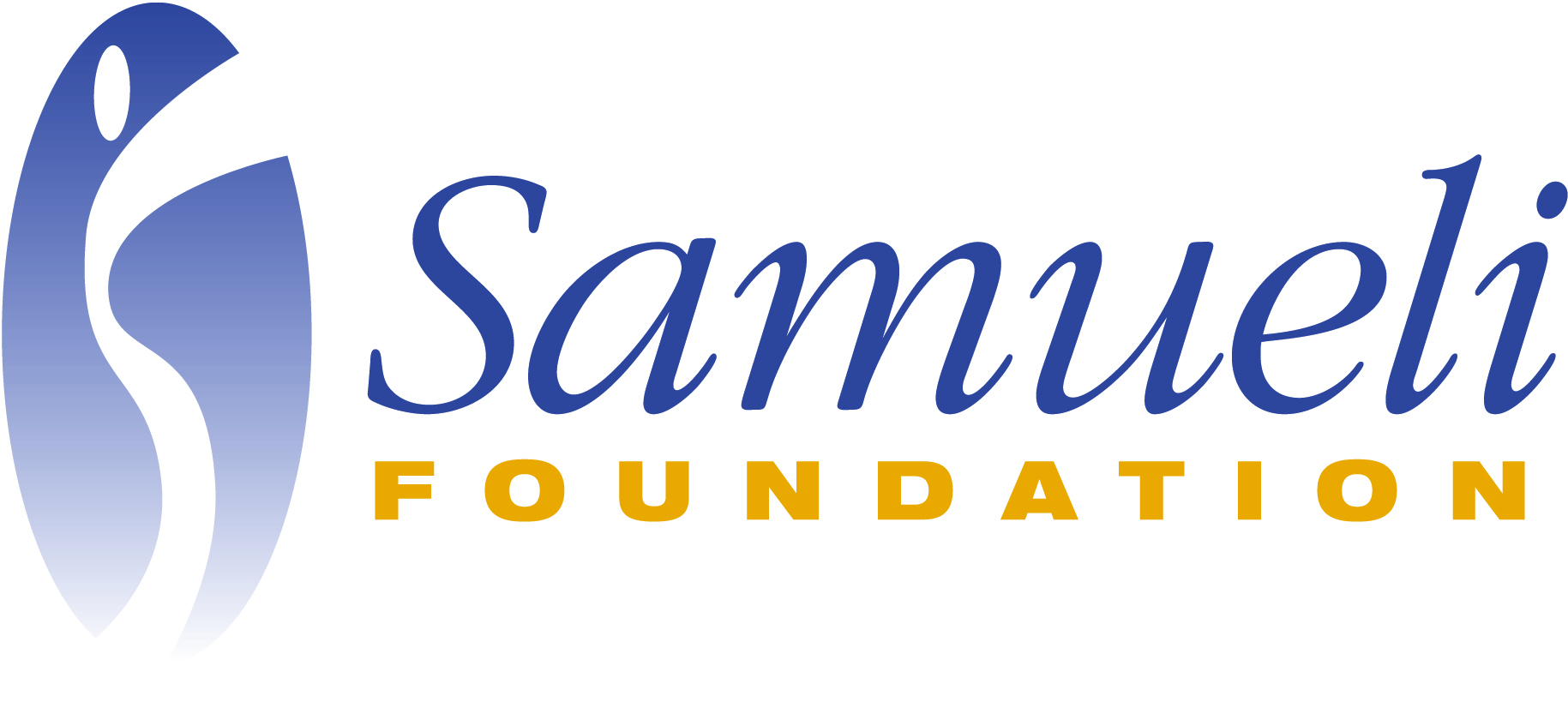
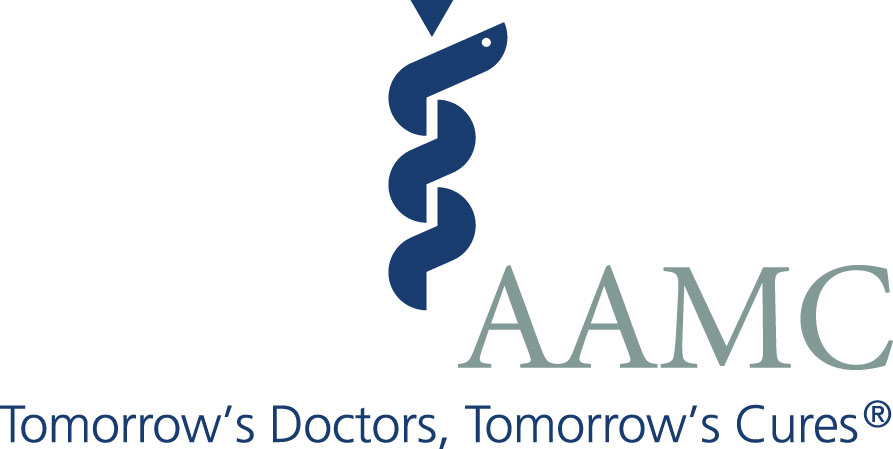
_1.png)
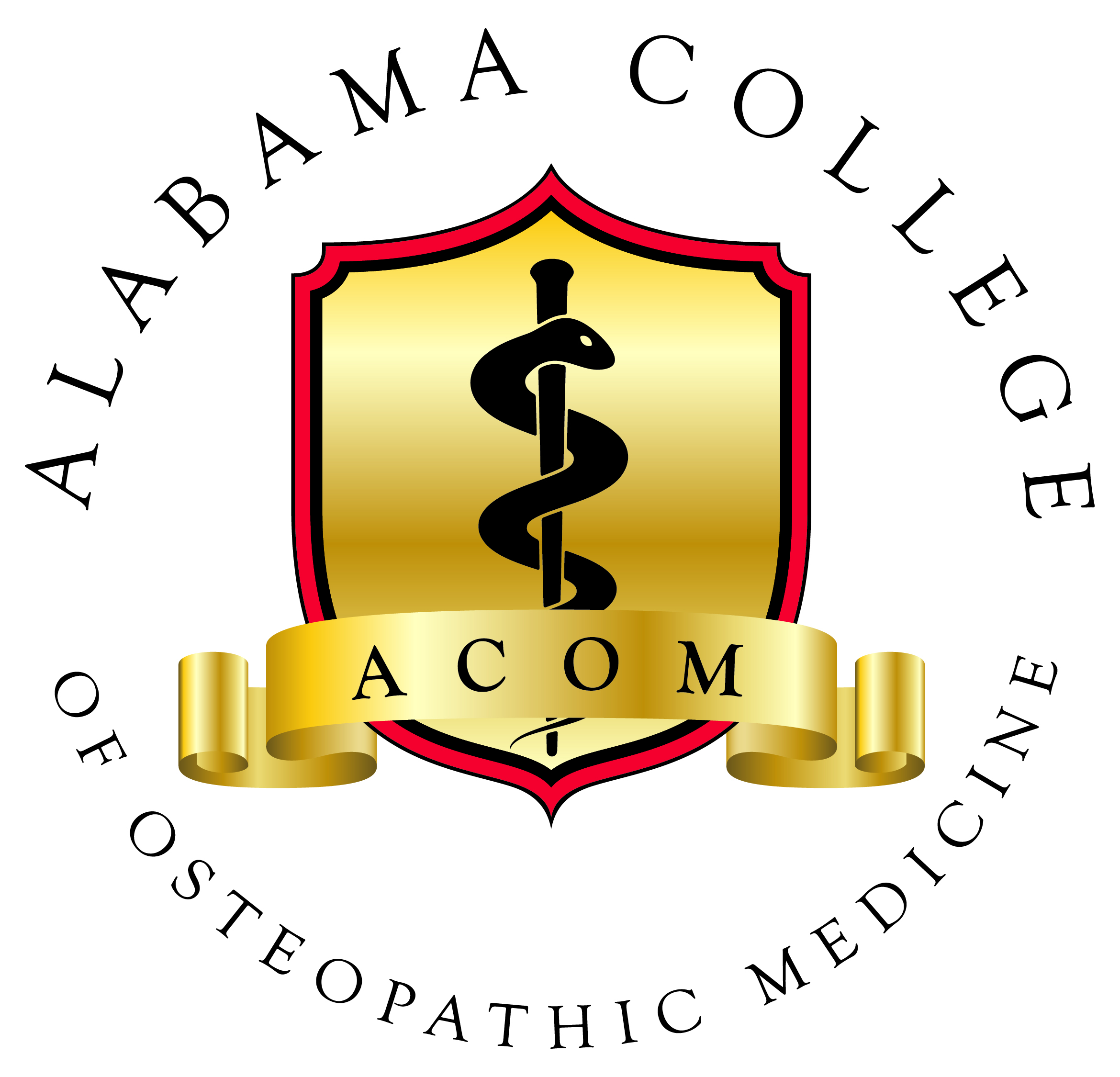
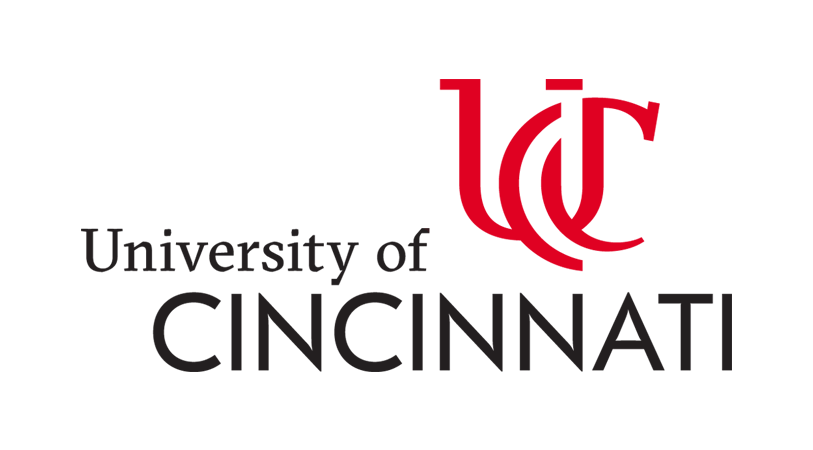
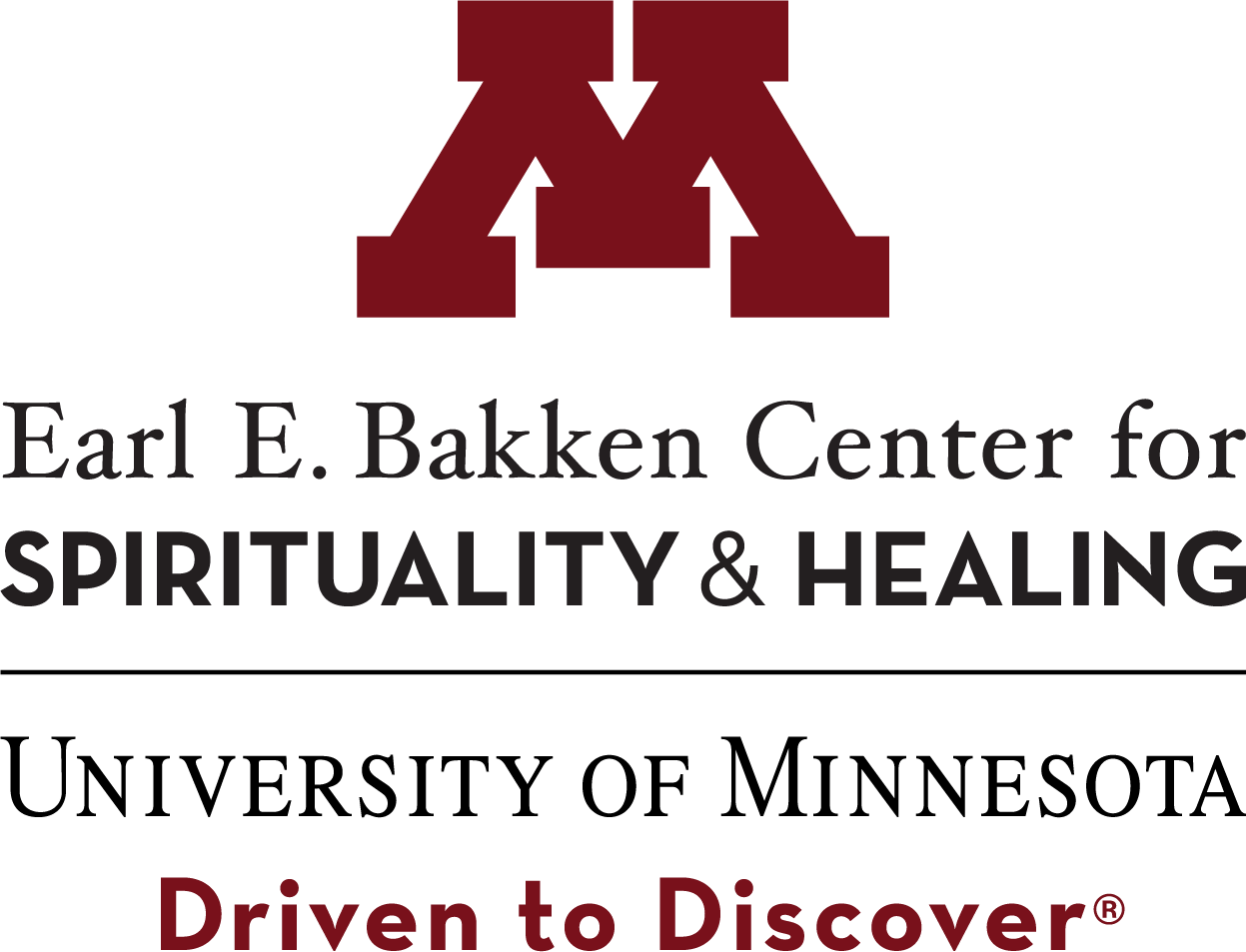
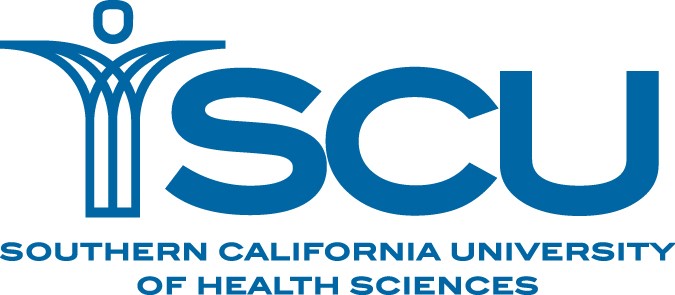
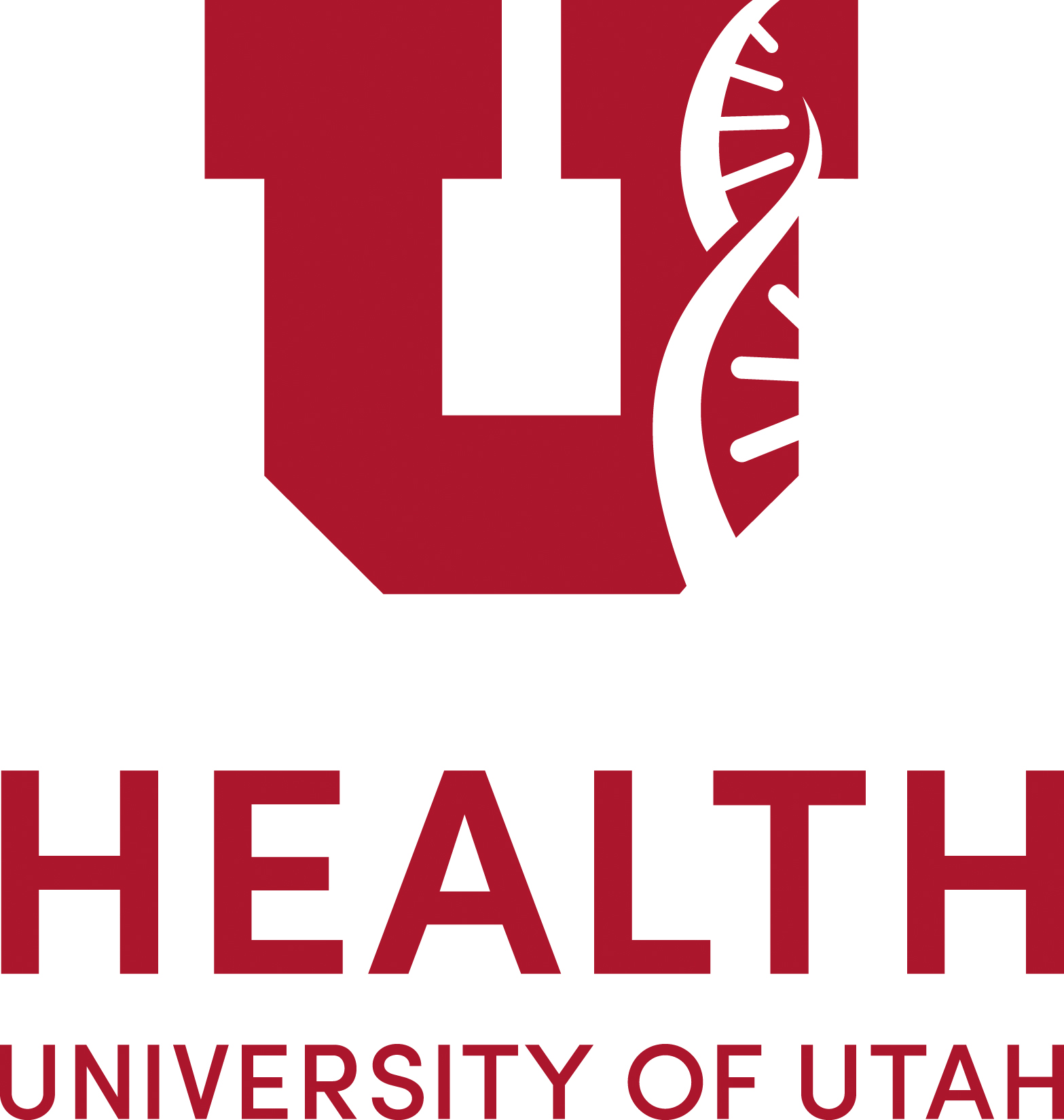

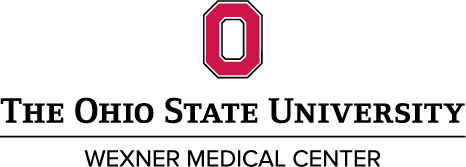

.png)
